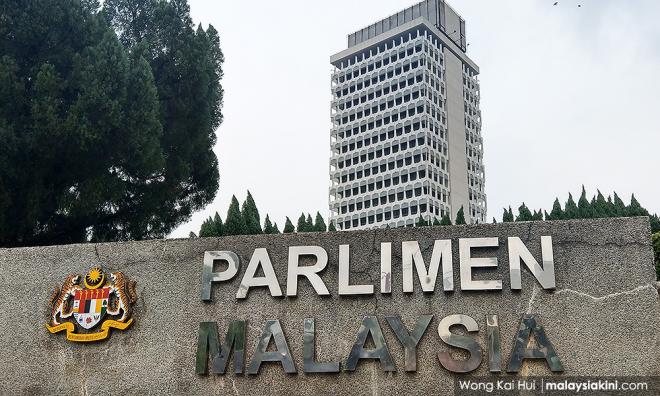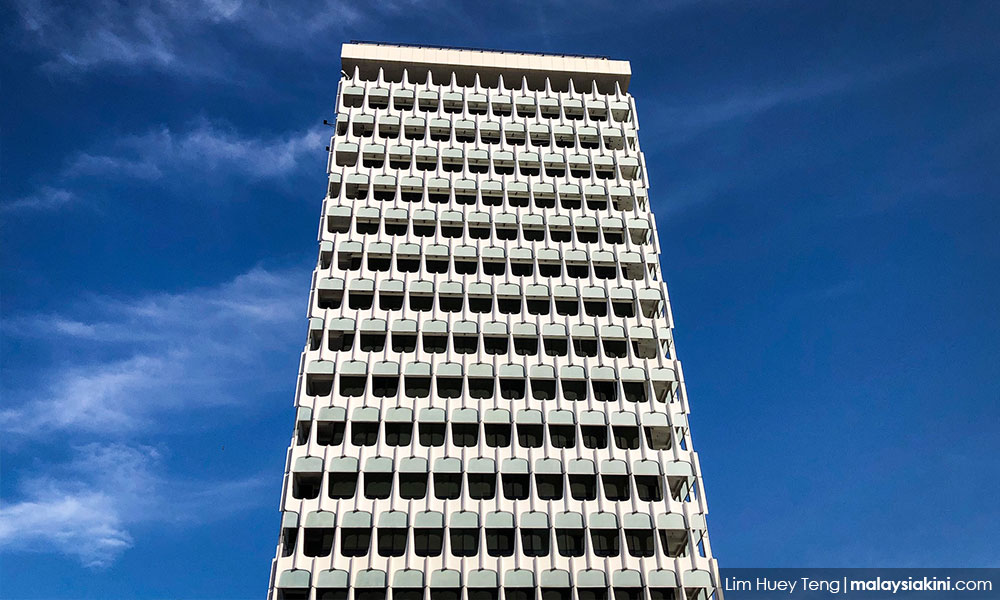
The economic stimulus package announced by the government to aid the effects of the Covid-19 pandemic should go through Parliament first before the funds are disbursed.
This appears to be the consensus arrived at by a group of panellists in a webinar organised by think tank Ideas titled 'Covid-19 Stimulus Package: Delivering with Democracy' which was held today.
Constitutional lawyer Lim Wei Jiet said the package needs to be debated first, because if it ends up being rejected in parliament, there is no way to recover the funds that have already been disbursed.
"I think the problem with that kind of manoeuvre is that some money has already been spent.
"In a hypothetical situation where the opposition prevents it from being passed, what are they supposed to do? Claw it all back?
"The right way is to debate it now and get it passed and then spend the money.
"You are right, we need to get it done but that is no excuse to circumvent the law," Lim said during the webinar today.
He pointed to Singapore, where their government had tabled a resilience budget in Parliament and the opposition were able to fully debate and voice their opinions and ask questions on the budget.
Though the budget was passed later without any changes, he said at least the opposition were able to hold the government to account.
PKR's Subang MP Wong Chen also shared the same sentiment as Lim saying that it is within the scope of Parliament itself to scrutinise at the package first and debate it in the august house.
"On the policy front, accountability is really locked into the select committee system, which are there to check the government policymaking process," he said.
He advocated for the formation of ministerial select committees where the committees are in charge of monitoring how the funding of certain ministries are spent.
Ideas researcher Tricia Yeoh also urged that all of this is done with a focus on balance between effective, urgent action and transparency and accountability.
"We need to ensure that while the government is acting on these measures they also need to do this through accountability.

"Yes, it is an emergency situation but that doesn't not mean we should not therefore still deliver with the kind of democratic standards we should hold them to," Yeoh said.
She stressed that there needs to be transparency regarding several matters that is fiscal, procurement and governance, federal-state consultations, budget and reporting as well as transparent decision-making at least for the next six to 12 months.
However, Wong Chen warned that in the unlikely event the stimulus package is rejected in Parliament, it would effectively mean the end of the Perikatan Nasional (PN) government.
"If they fail, if Parliament rejects the finance bill, the government is toppled. The government is suspended, it cannot really operate anymore.
"Then it becomes a question of political manoeuvring by all the political parties.
"I don't think anyone wants to jam up the system when the people are in need of aid and money," he said.
There could even be the possibility of a fresh elections or the prime minister would have to resign if that were to happen, he added.
However, he said, it is highly unlikely for the bill to be rejected.
"They won't reach that stage, I can assure you. We will debate all the way, they will make adjustments, they will come talk to us," he said.
Then interim prime minister Dr Mahathir Mohamad had announced a RM20 billion economic stimulus package on Feb 27.
Later, Prime Minister Muhyiddin Yassin had announced a new stimulus package called the Prihatin stimulus package worth a purported RM250 billion.
On Monday, he announced more expansions to the package, targeted specifically at keeping Small Medium Enterprises (SME) afloat as well as sustainable employment. - Mkini



No comments:
Post a Comment
Note: Only a member of this blog may post a comment.